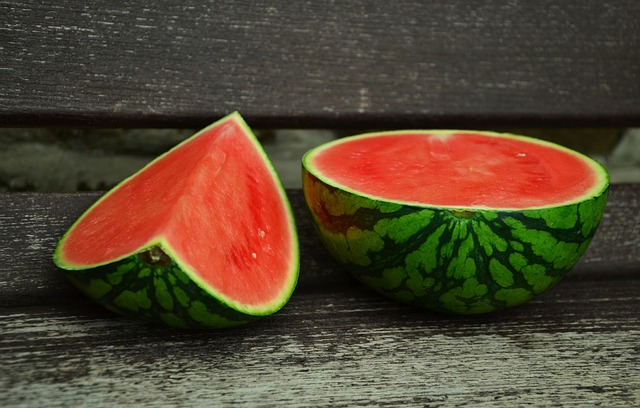Antibiotics vs. Probiotics: How to Restore Your Gut After Antibiotic Use
Antibiotics are a common medication used to treat bacterial infections. While they are often effective in killing harmful bacteria, they also have the potential to harm the beneficial bacteria in our gut. This can lead to a range of gut health issues, such as diarrhea, bloating, and constipation.
Probiotics, on the other hand, are live bacteria that are beneficial to our health. They help to keep our gut microbiome in balance, which promotes proper digestion and overall health. In this article, we will explore how to restore your gut after antibiotic use with probiotics.
The Importance of Good Gut Health
Our gut microbiome is made up of trillions of bacteria, fungi, and other microorganisms. These microorganisms play an essential role in digestion, immunity, and overall health. When our gut microbiome is out of balance, it can lead to a range of health issues, such as gut inflammation, autoimmunity, and mental health problems.
One of the factors that can disrupt our gut microbiome is antibiotic use. Antibiotics kill both harmful and beneficial bacteria, which can throw our gut microbiome out of balance. This can lead to a range of gut health issues, such as diarrhea, bloating, and constipation.
How to Restore Your Gut After Antibiotic Use
Probiotics are live bacteria that can help restore the balance of our gut microbiome after antibiotic use. However, not all probiotics are created equal. Here are some tips for choosing the best probiotics for restoring gut health:
- Look for probiotics that contain a variety of strains. Different strains of probiotics play different roles in gut health, so it’s important to choose a probiotic that contains a variety of strains.
- Choose probiotics that are shelf-stable. Probiotics that require refrigeration are less stable and may not survive transit to the gut. Shelf-stable probiotics are more likely to reach the gut in their active form.
- Check the dose. Different probiotic supplements have different doses, so it’s important to choose one that has a dose that is appropriate for your needs.
- Consider prebiotics. Prebiotics are indigestible fibers that serve as food for probiotics. Including prebiotics in your diet can help support the growth of beneficial bacteria in the gut.
Probiotics Foods to Restore Gut Health
In addition to probiotic supplements, there are many probiotic foods that can help restore gut health after antibiotic use:
- Yogurt: Yogurt is one of the most well-known probiotic foods. Look for yogurt that contains live and active cultures.
- Kefir: Kefir is similar to yogurt but has a thinner consistency. It also contains a wider variety of beneficial bacteria.
- Sauerkraut: Sauerkraut is fermented cabbage and is high in probiotics. Look for unpasteurized sauerkraut for maximum probiotic benefit.
- Kimchi: Kimchi is a spicy fermented Korean vegetable dish that is high in probiotics.
Final Thoughts
Antibiotic use can have a significant impact on our gut microbiome and overall health. Probiotics are a natural way to restore the balance of our gut microbiome and promote proper digestion and overall health. Whether through supplements or probiotic-rich foods, incorporating probiotics into your diet can help restore gut health after antibiotic use.
Remember, if you are experiencing persistent gut health issues, it’s important to speak with your doctor to rule out any underlying conditions.







